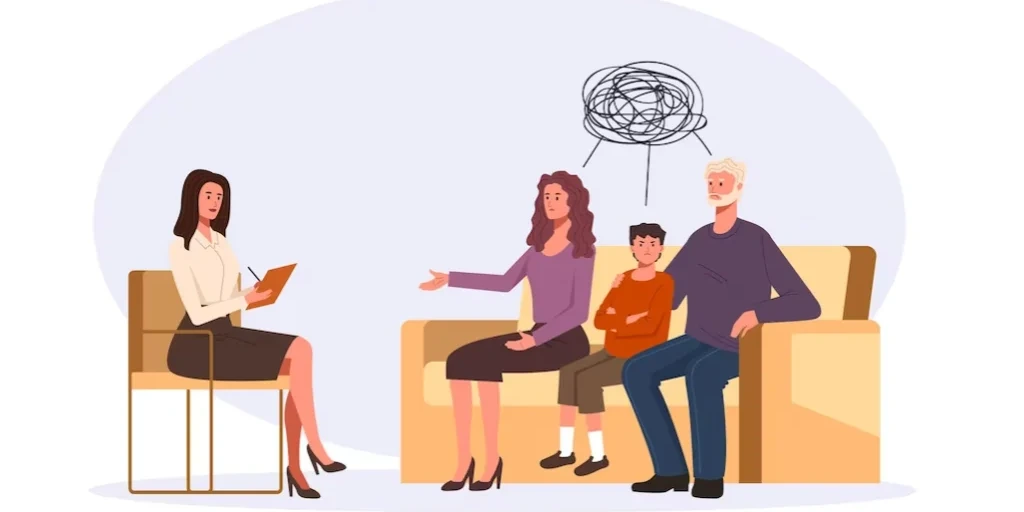24/7 Helpline:
(866) 899-221924/7 Helpline:
(866) 899-2219
Learn more about Bipolar Disorder Treatment centers in Blooming Prairie
Bipolar Disorder Treatment in Other Cities
Other Categories in Blooming Prairie

Other Insurance Options

Sliding scale payment assistance

CareSource

Health Partners

Absolute Total Care

Meritain

GEHA

Regence

Covered California

PHCS Network

Highmark

Health Net

Optima

Access to Recovery (ATR) Voucher

Group Health Incorporated

Humana

Optum

Lucent

Premera

Cigna

American Behavioral

Beauterre Recovery Institute
Beauterre Recovery Institute is a private rehab located in Owatonna, Minnesota. Beauterre Recovery I...

South Central Human Relations Center – Dual Recovery Program
South Central Human Relations Center – Dual Recovery Program is a non-profit rehab located in Owaton...

Owatonna Hospital – Behavioral Health
Owatonna Hospital – Behavioral Health is a private rehab located in Owatonna, Minnesota. Owatonna Ho...

West Hills Lodge
West Hills Lodge is a private rehab located in Owatonna, MN. West Hills Lodge specializes in the tre...





































Safe Harbour
Safe Harbour is a private rehab located in Owatonna, Minnesota. Safe Harbour specializes in the trea...































